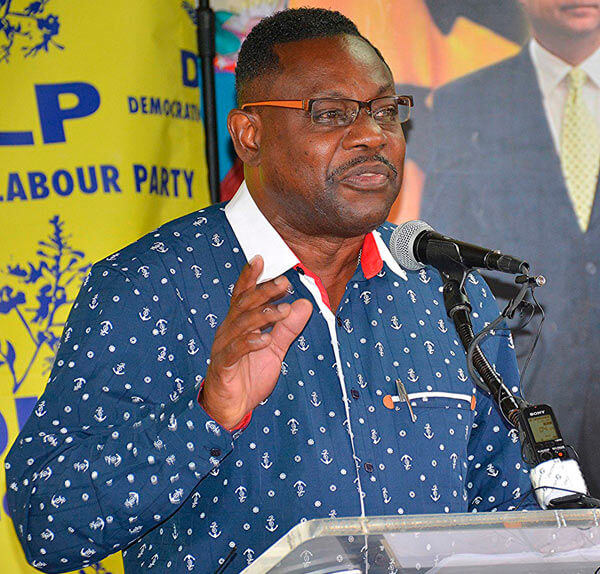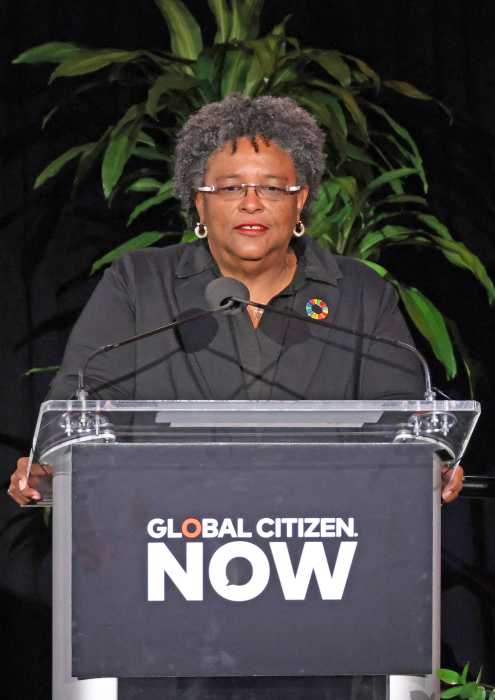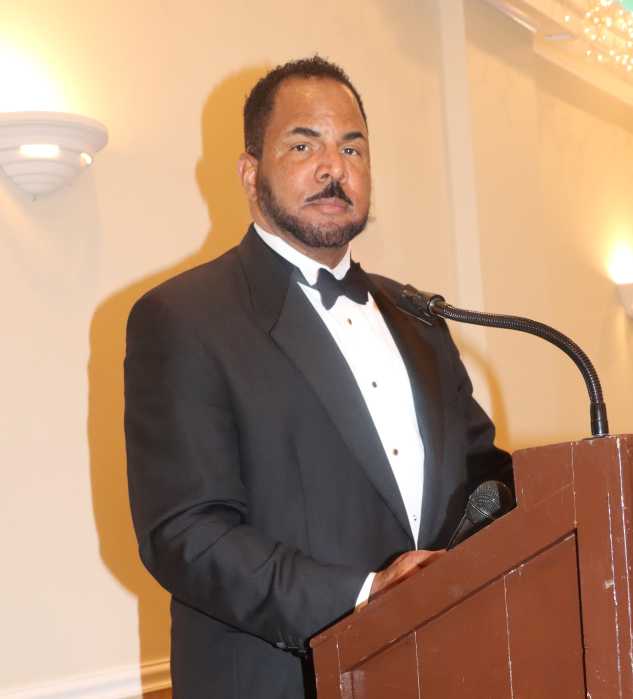Barbados government minister Steve Blackett has lashed out against LGBT members complaining that thye are ‘badgering’ the administration, and affirmed his stance against legalizing same sex marriages while rejecting urgings for the island to change course.
The Social Care and Community Development minister’s adamant stance follows a report last week of the New York based, Human Rights Watch, suggesting the time has come for Barbados to recognize same-sex marriage and provide the sort of atmosphere in which the lesbian, bisexual, gay and transgender (LGBT) community can live freely and without fear of persecution or victimization.
In a document entitled, ‘I Have to Leave to be me: Discriminatory Laws Against LGBT People in the Eastern Caribbean,’ the organisation said Barbados must “repeal Section 9, Chapter 154 of the Sexual Offences Act of 1992, which criminalizes consensual same-sex conduct.”
“End legal discrimination against lesbian, gay, bisexual, and transgender people by repealing all existing laws criminalizing same-sex conduct,” Human Rights Watch suggested.
But as he affirmed, over the weekend, his government’s stated position of tolerance of homosexuals in Barbados as nothing new, Blackett said, “what is new though is an attempt to transpose and to transplant a foreign culture into Barbados, called same-sex marriage. Now that is what I have a problem with.”
Speaking of what he said was “the LGBT’s persistent badgering of this government,” Blackett said, “this LGBT lobby is so insistent, so persistent claiming this community is being marginalised and stigmatised.”
“They have been so insistent and persistent that I as a straight person …[am] beginning to feel marginalised, harassed and stigmatised by them.”
Insisting that he has nothing against same sex relationships, “if you want to be same sex, that’s your business… Nothing wrong with that at all.”
The call by Human Rights Watch marks the second time in three months that Barbados has been asked to change legislation that discriminates against members of the lesbian, gay, bisexual, transgender and intersex community and to decriminalize same sex unions.
At the United Nations 29th Session of Universal Periodic Review forum in January, Barbados was cautioned about its legal position concerning LGBTI persons.
Ireland’s representative at that meeting, Ruth Cormican, reportedly said, “we again strongly encourage Barbados to decriminalize consensual same-sex conduct between adults and to take all necessary steps to protect the LGBTI community from all forms of discrimination.”
Kirsten Hommes of the Netherlands said that Barbados should change its laws to ensure “protection from discrimination on the grounds of sexual orientation and identity in the areas of employment, health care and education.”
But with national elections constitutionally due by the first week of June, politicians are expected to play gay rights as a political football to the typical conservative Barbadian society.
It therefore comes as no surprise that in pointing to a recent newspaper article featuring two persons in a same sex relationship, Blackett asked, “is this the precursor to the new norm after the general elections, aided and abetted by constant and persistent lobby by the LGBTI lobby, from external forces and internal forces?”
“We must also watch this creeping attempt to offend and insult our moral sensitivities here in Barbados,” he warned.



























